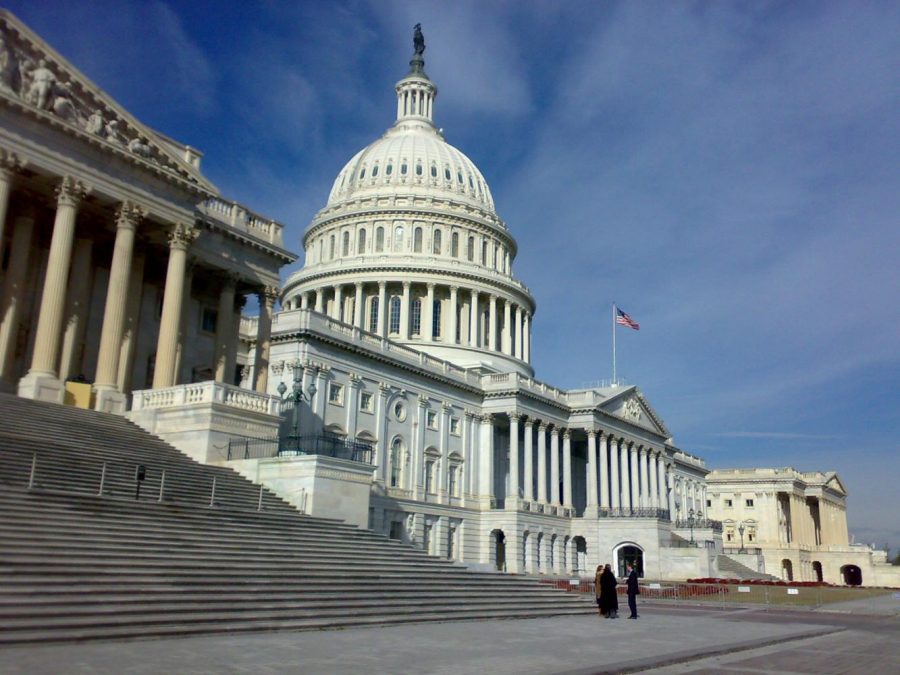Congress expands medical cannabis protections to 46 states
Medical cannabis patients and the state-legal businesses that serve them will be protected from federal intervention until September, thanks to Section 538 of the new spending bill passed by President Trump Friday.
The section, known as the Rohrabacher–Farr amendment, has been included in federal legislation since 2014. This year’s section, however, covers more states and territories than ever before at 46 states, Guam and Puerto Rico. Altogether, 98 percent of the country’s population has medical cannabis protections.
Even states without medical cannabis legislation, such as Alabama, Indiana, Iowa, Kentucky, Louisiana, Mississippi, Missouri, North Carolina, Oklahoma, South Carolina, Tennessee, Texas, Utah, Virginia, Wisconsin, and Wyoming, are included.
Only Idaho, Kansas, Nebraska and South Dakota are not mentioned in the section.
The full text reads:
“SEC. 538. None of the funds made available under this Act to the Department of Justice may be used, with respect to any of the States of Alabama, Alaska, Arizona, Arkansas, California, Colorado, Connecticut, Delaware, Florida, Georgia, Hawaii, Illinois, Indiana, Iowa, Kentucky, Louisiana, Maine, Maryland, Massachusetts, Michigan, Minnesota, Mississippi, Missouri, Montana, Nevada, New Hampshire, New Jersey, New Mexico, New York, North Carolina, North Dakota, Ohio, Oklahoma, Oregon, Pennsylvania, Rhode Island, South Carolina, Tennessee, Texas, Utah, Vermont, Virginia, Washington, West Virginia, Wisconsin, and Wyoming, or with respect to the District of Columbia, Guam, or Puerto Rico, to prevent any of them from implementing their own laws that authorize the use, distribution, possession, or cultivation of medical marijuana.”
Before being passed in 2014, the Rohrabacher–Farr amendment failed six times. The original section included 36 states, or just 61 percent of the population at the time compared to 98 percent now. This reflects a major shift in medical cannabis attitudes in the United States in just four short years.
In addition, bipartisan Congress members are stepping up and pushing to include medical cannabis protections for the Fiscal Year 2019 spending legislation.
“We believe such a policy is not only consistent with the wishes of a bipartisan majority of the members of the House, but also with the wishes of the American people,” 62 lawmakers wrote in a letter to House appropriations leaders last week.
Some Congress members want to go even further and expand protections to states with social cannabis legislation as well.
“We are concerned about the Department of Justice enforcing federal marijuana law in a way that blocks implementation of marijuana reform laws in those states that have passed such reforms,” 59 House Republicans and Democrats wrote in a separate letter. “The issue at hand is whether the federal government’s marijuana policy violates the principles of federalism and the Tenth Amendment. Consistent with those principles, we believe that states ought to retain jurisdiction over most criminal justice matters within their borders. This is how the Founders intended our system to function.”










